Today, we come together as a parish for this very special liturgy, in which we give thanks for the intercession of Saint Joseph during this past year in honor of him as patron of the Church; we also give thanks for a very blessed time of Eucharistic adoration during the Forty Hours Devotion we have just finished; and we joyfully celebrate the Vigil Mass of our Patroness, the Blessed Virgin Mary under the title of Our Lady of the Immaculate Conception. We Catholics know how to party!
Blessed Pope Pius IX instituted the solemnity of the Immaculate Conception of the Blessed Virgin Mary on December 8, 1854, when he proclaimed as truth the dogma that our Lady was conceived free from the stain of original sin. Now, let us be clear that this celebration pertains to the conception of Mary herself, and not that of Jesus, whose conception we celebrate on the feast of the Annunciation on March 25th. It’s easy to keep this straight if you do the math: nine months after this date is September 8th, the feast of the Birth of the Blessed Virgin Mary. Nine months after the Annunciation is December 25th, or Christmas, the feast of the birth of our Savior.
The Immaculate Conception had been a belief strongly supported by Tradition since at least the eleventh century, probably earlier. Scholastics hotly debated the topic, since if Mary was not subject to original sin, she would seemingly have no need of a Savior. This was eventually answered by the teaching on “prevenient grace.” That’s a mouthful. We will hear it in the Prayer over the Offerings this evening. The prayer specifically says, “…Grant that, as we profess her, on account of your prevenient grace, to be untouched by any stain of sin…” Prevenient grace is the same as other kinds of grace in that it relies on the saving action of Jesus on the Cross at Calvary, dying for our sins. But prevenient grace refers to grace applied before that happened, as would have been in the case for Mary who was obviously conceived before her son was put to death. This prevenient grace relies on the fact that God loved us so much that he foresaw the sacrifice of the Cross and applied the grace of it to Mary at her conception. As the Collect prayer today said, “…as you preserved her from every stain by virtue of the Death of your Son, which you foresaw…” All of this is a very technical discussion that boils down to the fact that God will not let the constraints of time limit the outpouring of his grace. And that’s the really good news we celebrate today.
Today’s feast is an important one. Our Lady of the Immaculate Conception is the Patroness of our parish, and, since 1856, also of the United States of America. This feast celebrates our faith that God loves the world so much that he sent his only Son to be our Savior, and gave to him a human mother who was chosen before the world began to be holy and blameless in his sight. This feast is a sign for us of the nearness of our salvation; that the plan God had for us before the world ever took shape was finally coming to fruition. How appropriate it is, then, that we celebrate the Immaculate Conception in these Advent days when we prepare for Christmas, that glorious day when our salvation began to unfold.
The readings chosen for this day paint the picture. In the reading from Genesis, we have the story of the fall. The man and the woman had eaten of the fruit of the tree that God had forbidden them to eat. Because of this, they were ashamed and covered over their nakedness. God found they had discovered the forbidden tree because otherwise they would not have the idea that their natural state was shameful; they had not been created for shame. Sin had entered the world, and God asks the man to tell him who had given him the forbidden fruit.
This leads to a rather pathetic deterioration of morality, as the man blames not just the woman, but also God, for the situation: “The woman whom you put here with me: she gave me fruit from the tree, and so I ate it.” In other words, if God hadn’t put the woman there with him in the first place, he never would have received the fruit to eat. The woman, too, blames someone else: the serpent. As if neither of them had been created with a brain to think for themselves, they begin that blame game in which we all participate from time to time.
Thus begins the pattern of sin and deliverance that cycles all through the scriptures. God extends a way to salvation to his people, the people reject it and go their own way. God forgives, and extends a new way to salvation. Thank God he never gets tired of pursuing humankind and offering salvation, or we would be in dire straits. This cycle of salvation comes to perfection in the event we celebrate today. Salvation was always God’s plan for us and he won’t rest until that plan comes to perfection. That is why Saint Paul writes, in his letter to the Ephesians: “He chose us in him, before the foundation of the world, to be holy and without blemish before him. In love he destined us for adoption to himself through Jesus Christ…”
And so, in these Advent days, we await the unfolding of the plan for salvation that began at the very dawn of the world in all its wonder. God always intended to provide an incredible way for his people to return to them, and that was by taking flesh and walking among us as a man. He began this by preparing a fitting mother for his Son: the Immaculate Virgin Mary – never stained by sin, because the one who conquered sin and death had already delivered her from sin. He was then ready to be born into our midst and to take on our form. With Mary’s fiat in today’s Gospel, God enters our world in the most intimate way possible, by becoming vulnerable, taking our flesh as one like us, and as the least among us: a newborn infant born to a poor family. Mary’s lived faith – possible because of her Immaculate Conception – makes possible our own lives of faith and our journeys to God. There’s a wonderful Marian prayer called the Alma Redemptoris Mater that the Church prays at the conclusion of Night Prayer during the Advent and Christmas seasons that sums it all up so beautifully. Pray it with me, if you know it:
Loving mother of the Redeemer,
gate of heaven, star of the sea,
assist your people who have fallen yet strive to rise again,
To the wonderment of nature you bore your Creator,
yet remained a virgin after as before,
You who received Gabriel’s joyful greeting,
have pity on us poor sinners. Amen.
Our celebration today has special meaning for us. Because Mary was conceived without sin, we can see that sin was never intended to rule us. Because God selected Mary from the beginning, we can see that we were chosen before we were ever in our mother’s womb. Because Mary received salvific grace from the moment of her conception, we know that we were made for heaven. Mary’s deliverance from sin and death was made possible by the death and resurrection of her Son Jesus, who deeply desires that we all be delivered in that way too.
Pray for us, O holy Mother of God, that we may be made worthy of the promises of Christ.
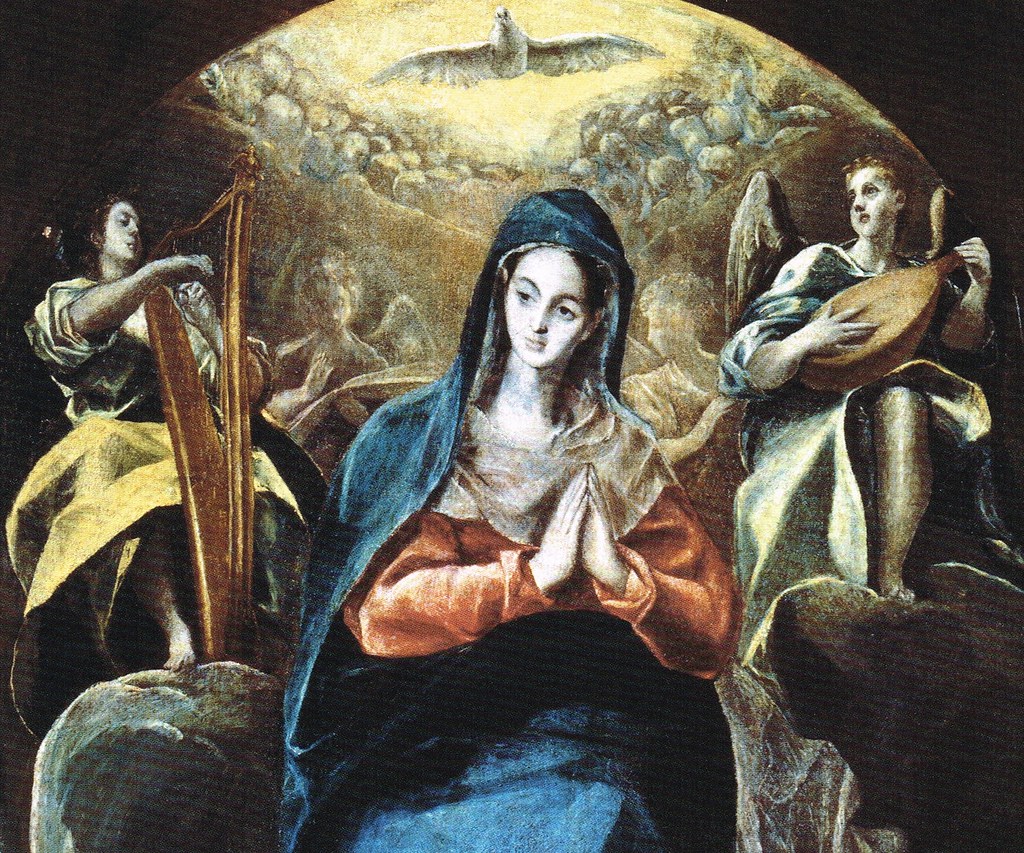
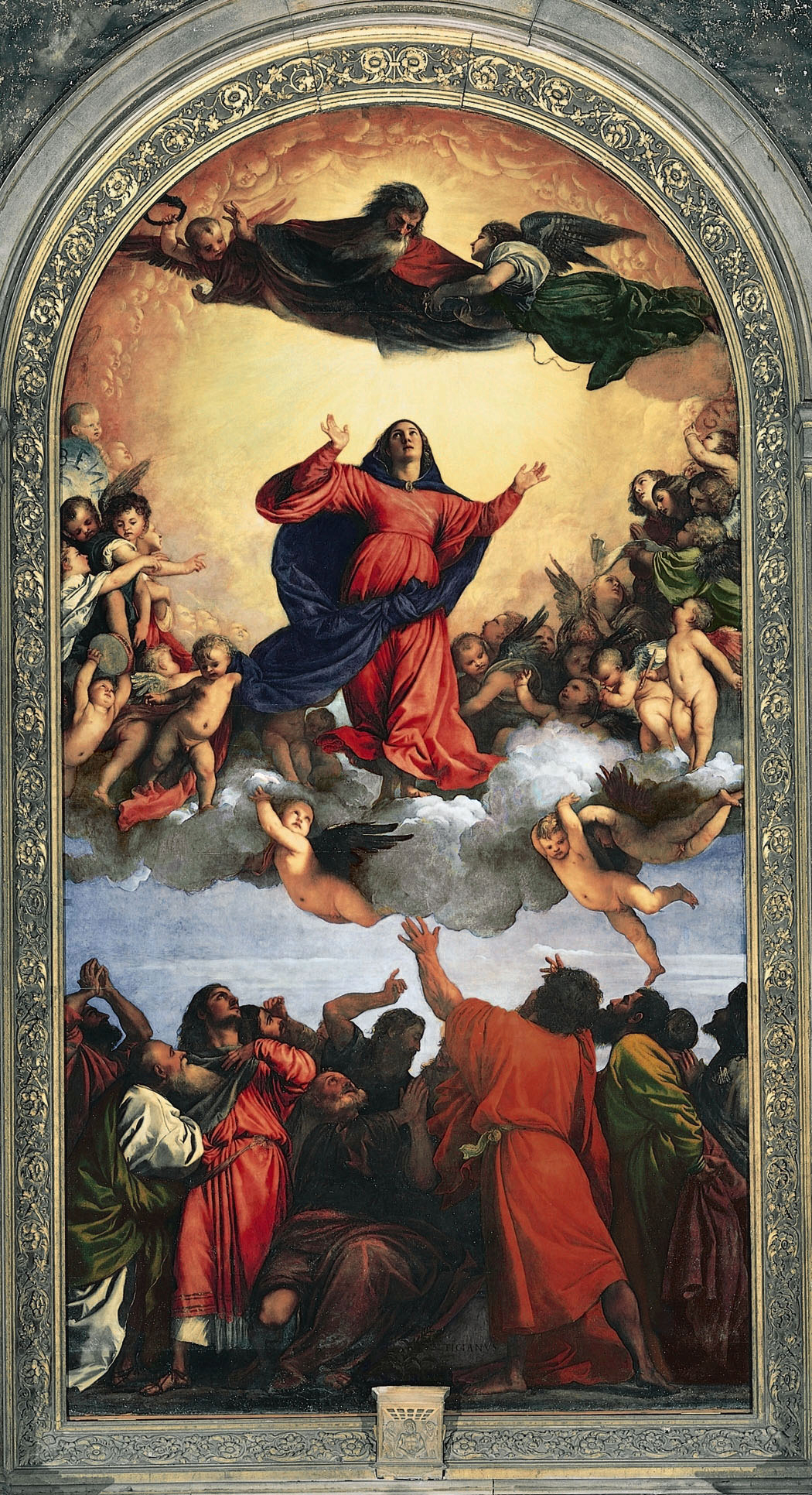
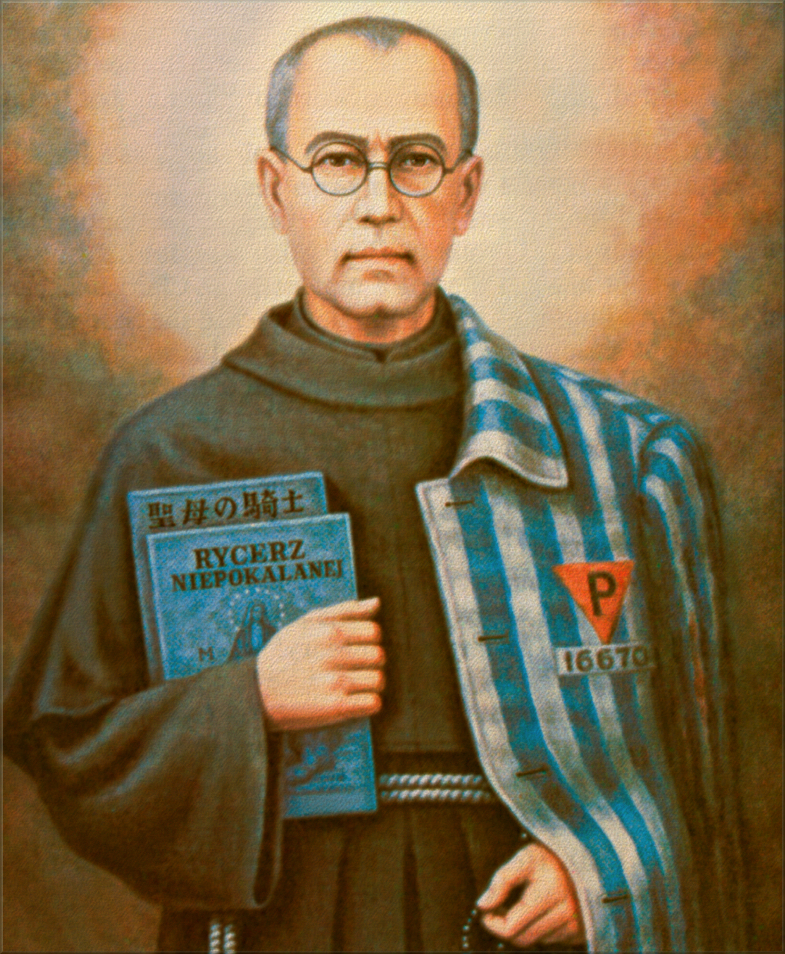
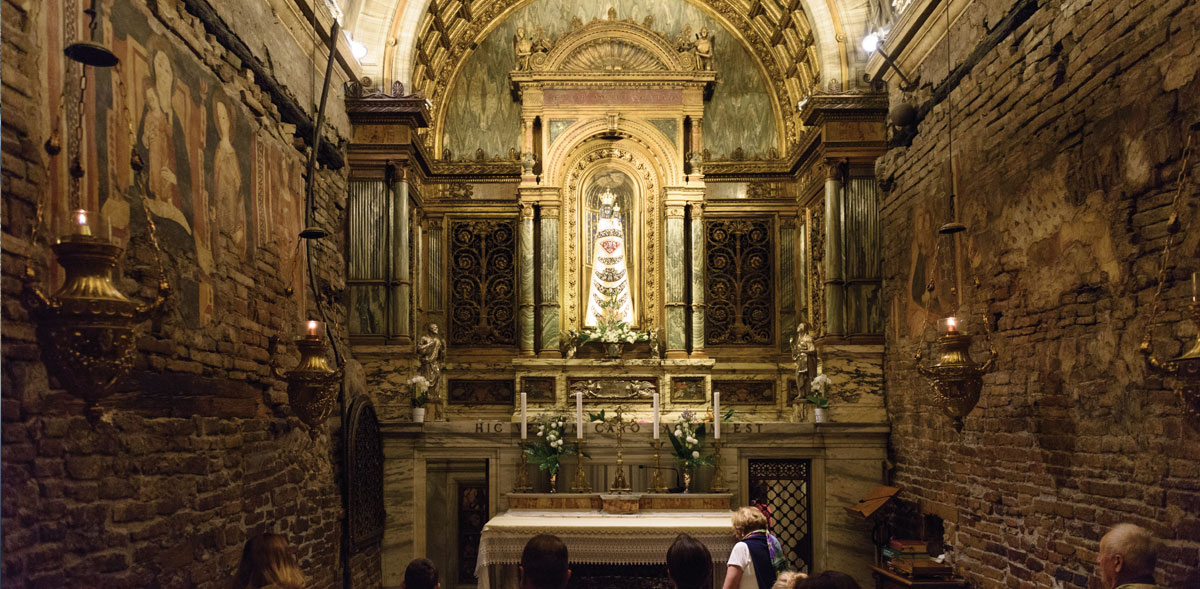
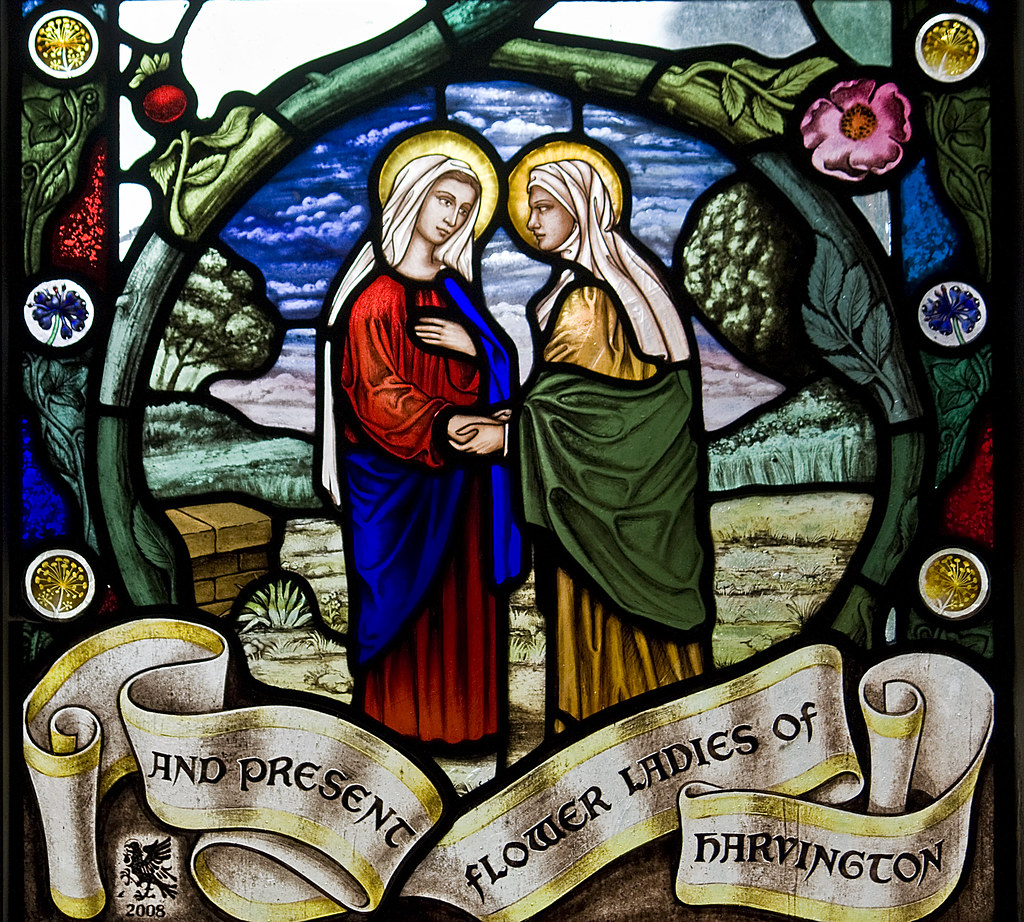
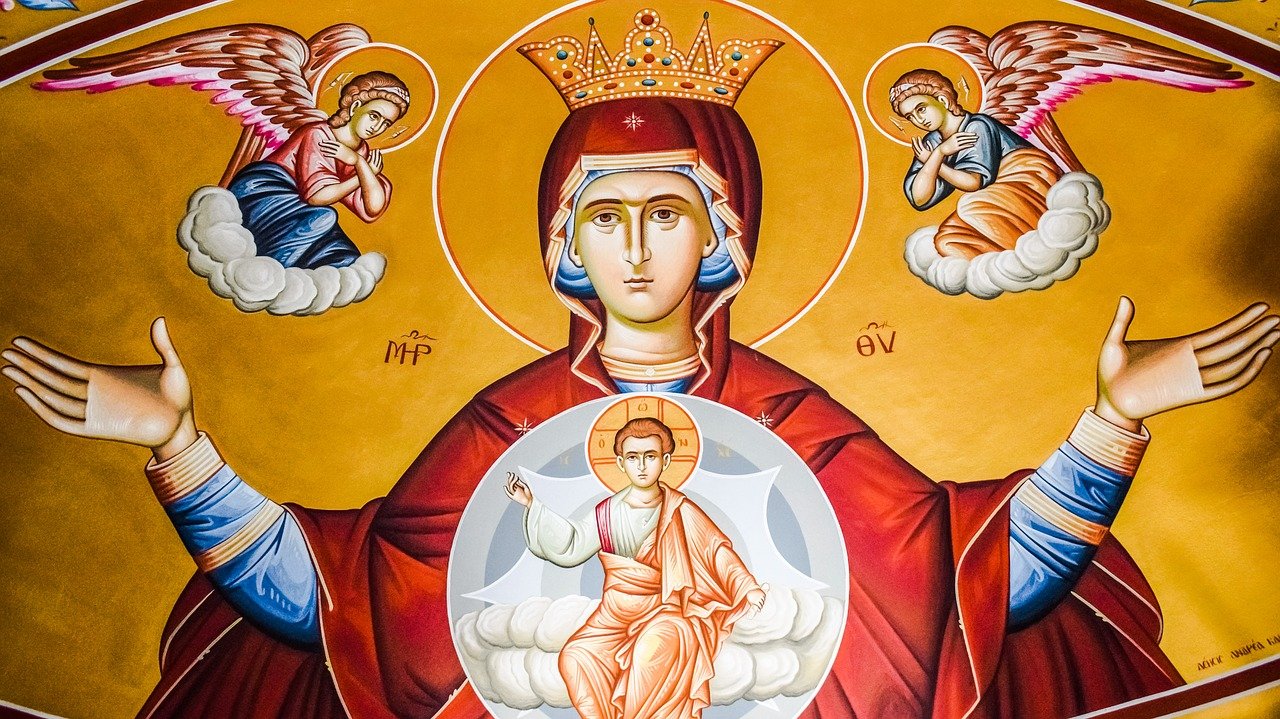
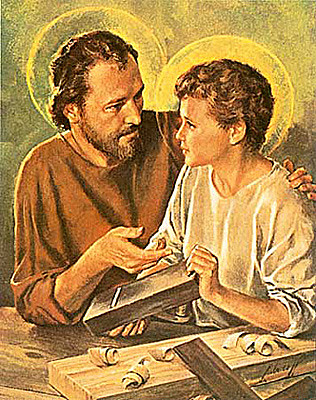
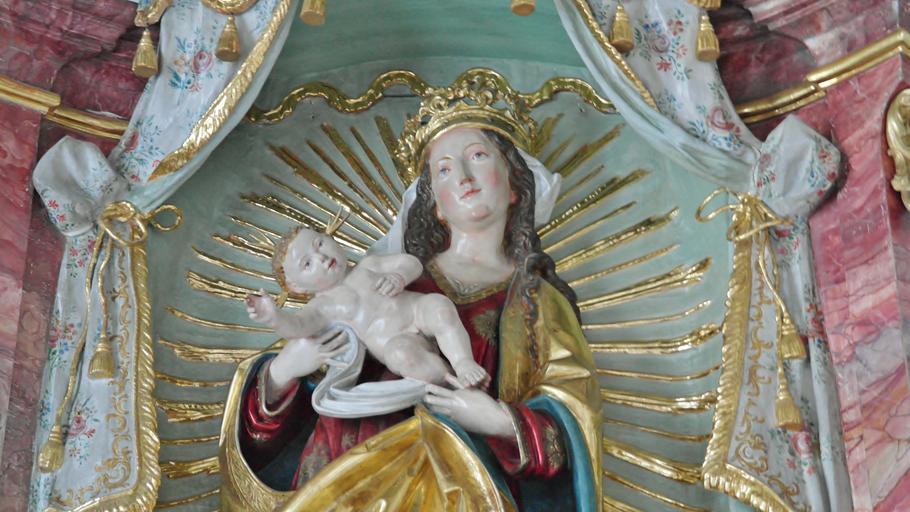
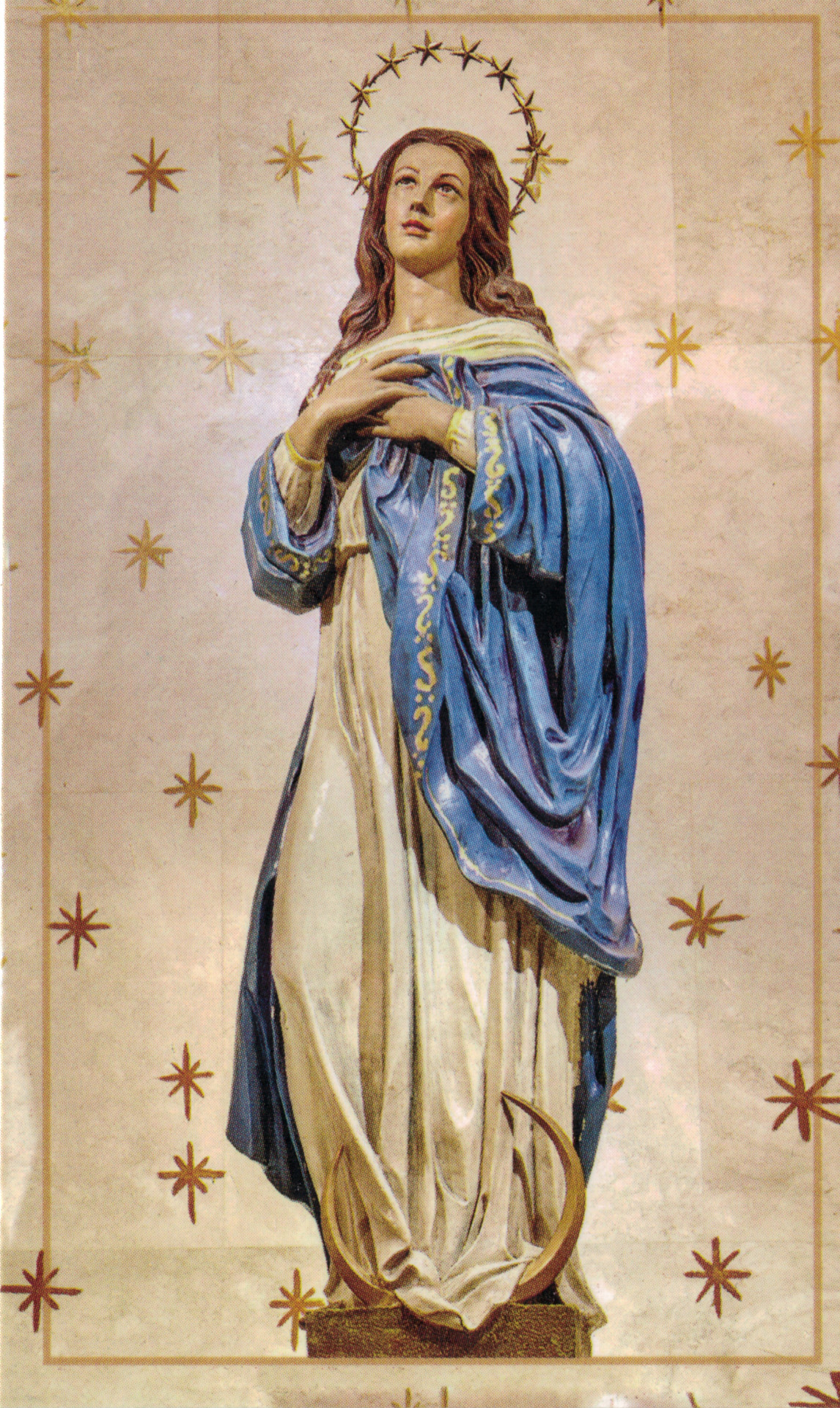
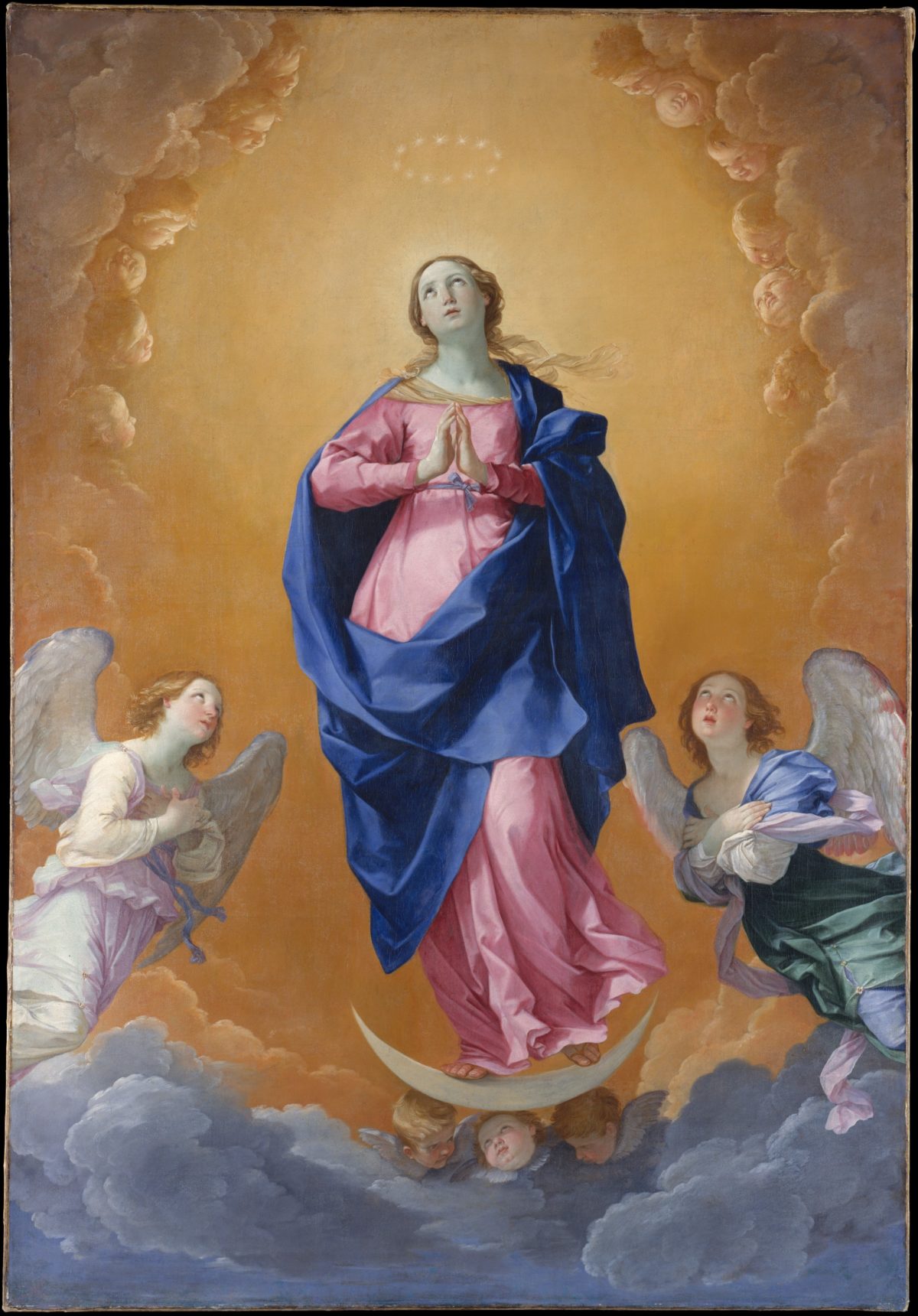
You must be logged in to post a comment.